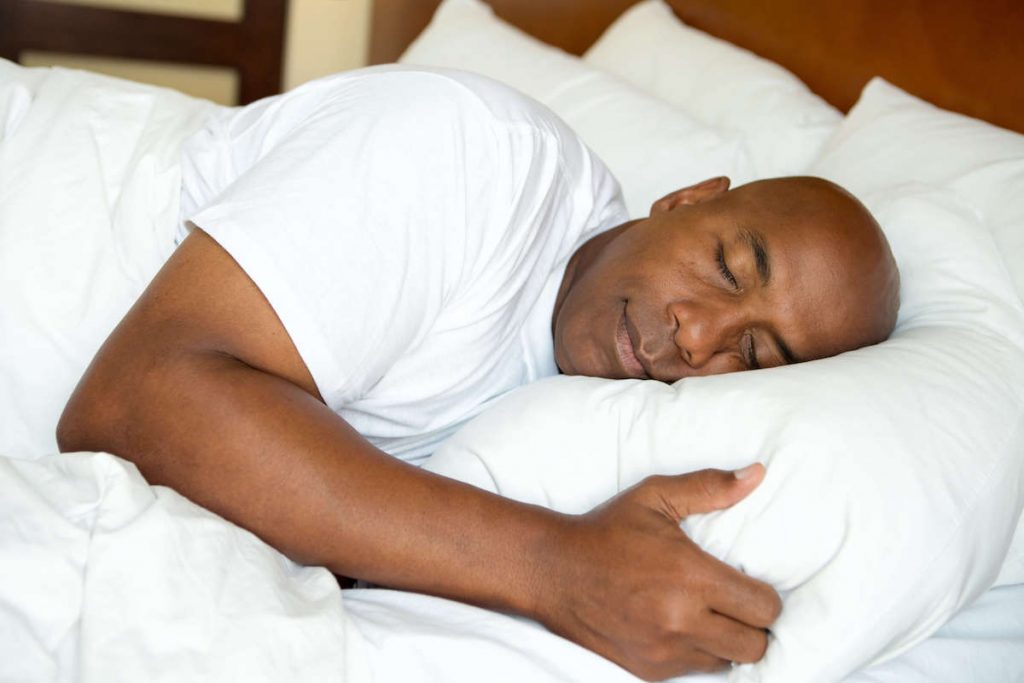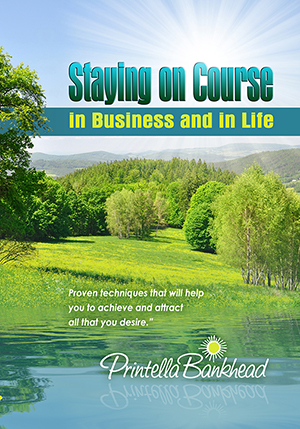Sleep – The New Wonder Drug
Filed under Blog
Are you getting enough sleep? Probably not if you’re like most people. Lack of sleep can cause a myriad of troubles. Everything thing from lack of concentration, to slow healing and now even weight gain has been attributed to not getting enough sleep.
In this fast paced culture that we’ve created solid, restorative sleep is becoming more and more elusive. If we aren’t staying up later than we should to binge a season of Friends, we’re having trouble falling asleep or staying asleep for a whole host of reasons – many related to digital devices like cell phones and tablets, but also because we spend so much time on social media sites like Facebook, Instagram or Snap Chat just scrolling away our sleep time.
Sleep is important in so many ways, but mostly because it is when our body restores and heals itself. It is no surprise that scientists have found that sleeping with the TV on causes weight gain. They speculate that it could be you are more hungry because you are staying awake, or you have more stress hormones (from not sleeping enough) and stress hormones make us gain weight.
We’ve known that sleep is when our body heals itself from disease and trauma, and we’ve known that is when our body grows (for those of us still growing).
We all need more sleep, we all need better sleep. Sleep that isn’t disturbed can be hard to come by if you’re a parent, caretaker or even pet parent. While undisturbed sleep might be hard to come by, getting better sleep should be everyone’s goal. Imagine what you could do if you felt completely rested and relaxed? Sleep is not a luxury, it is a necessity. A necessity to our individual health and well being, but also a necessity to our society and culture.
We agree we need more sleep and better sleep, but how do we get it?
The recipe for better sleep is pretty easy, the trouble is most of us are so distracted by life we can’t summon the discipline to follow it. It’s a horrible cycle, but one that needs to be broken.
Be Consistent – Go to bed at the same time and wake at the same time each day, even on weekends. Studies show you can’t really catch up on missed sleep. Staying out late on Friday and Saturday and sleep in on Sunday won’t give you back the sleep you missed – you’ll still feel as if you’re dragging yourself for a day or two, more as you get older. Choose a bedtime and wake time that works with your schedule and stick to it.
Shut Down – Turn off devices like cell phones, tablets, computers and anything else that emits a blue light that causes eyestrain, headaches, and physical and mental fatigue. No matter what you’re doing – watching TV, reading on a tablet, scrolling through Instagram – you’re alert as you do it. To fall asleep faster it’s best to shut down devices at least an hour before you plan to go to bed. Read a book, that helps your brain slow down so you can fall asleep faster.
Limit Caffeine – Try to limit caffeine consumption after 4pm. Instead of coffee, tea or soft drinks opt for water or herbal tea. Stay away from juices as they tend to be mostly sugar which can also have a stimulating effect.
Limit Alcohol – Alcohol can make you feel sleepy, but it can cause your sleep to be disruptive if you drink too much. Alcohol is known to increase sleep apnea, snoring and disrupt normal sleep patterns. It has also been found to decrease the natural elevations of the human growth hormone (HCG) which assists in circadian rhythm.
No Late Night Snacks – If your body is digesting a 10pm snack it can’t do the other important functions that take place when you sleep like healing wounds, broken bones and keeping your immune system running properly. Studies have also found that a diet that is low in carbs, especially simple carbs like those found in processed foods, resulted in better sleep.
Temperature – Make sure your bedroom is the optimal temperature for sleeping. Cooler is usually better for most people. Choose bedding that is comfortable, but that won’t make you so hot you break out sweating.
White Noise – Having a small fan on is a great way to produce white noise that can be very sleep inducing. You can also use a white noise app that has a range of sounds from waves crashing on the beach to thunderstorms and other relaxing sounds.
Exercise – Don’t exercise late in the day, but getting out and walking a mile or two each day is a great way to encourage better sleep. Studies have shown that those who exercise regularly fall asleep twice as fast as those who don’t.
Pray or Meditate – Prayer or meditation is a wonderful way to get a great nights sleep. It slows your brain, increases hormones like serotonin, and relaxes you all at once.




